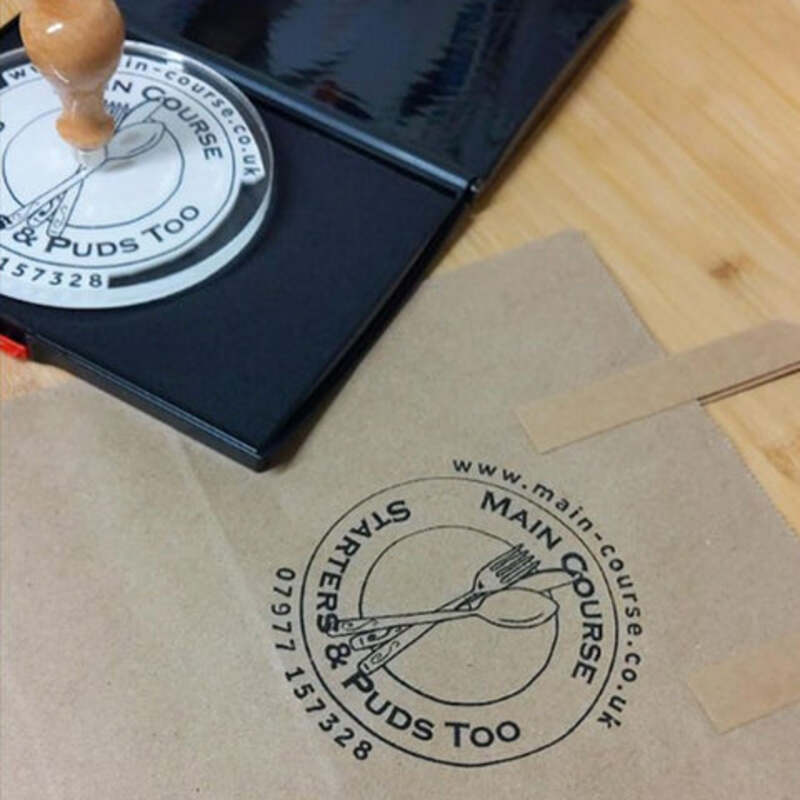The Environmental Dilemma of Plastic Coffee Cups
In our fast-paced world, few rituals are as universal as grabbing a cup of coffee on the go. Whether it's a quick stop at your favorite café or a drive-thru pick-me-up, the convenience of take-away coffee is undeniable. However, beneath the surface of this daily indulgence lies an environmental dilemma that has garnered increased attention the widespread use of plastic in disposable coffee cups.
The Composition of Disposable Coffee Cups
Most disposable coffee cups aren't just made of plain paper. While they may appear to be recyclable, these cups are often lined with plastic to make them waterproof. This plastic lining makes it difficult, if not impossible, for recycling facilities to process them effectively. In fact, only a small percentage of these cups end up being recycled. The majority are sent to landfills, where they can take decades, if not centuries, to decompose.
The Environmental Impact
The environmental impact of plastic coffee cups is staggering. According to various studies, billions of disposable coffee cups are disposed of every year. The plastic lining, which is usually made from polyethylene, contributes to a significant amount of waste that can accumulate in our oceans, harming marine life and disrupting ecosystems.
Moreover, the production of these cups requires substantial resources. Trees are cut down to produce the paper, and the extraction and processing of petroleum for the plastic lining contribute to greenhouse gas emissions. The entire lifecycle of a disposable coffee cup—from production to disposal—thus creates a heavy carbon footprint.
Alternatives to Plastic Coffee Cups
plastic to go coffee cups

Fortunately, there are alternatives to the plastic-laden disposable coffee cups that dominate the market. Many cafés now offer compostable cups made from materials like PLA (polylactic acid), which is derived from renewable sources such as cornstarch. These cups can break down more easily in composting environments, although they still require appropriate facilities for disposal.
Another sustainable solution is to encourage the use of reusable coffee cups. Many coffee shops offer discounts to customers who bring their own cups, creating a financial incentive to make eco-friendly choices. These reusable cups can be made from stainless steel, glass, or BPA-free plastic, providing an effective way to reduce waste.
The Role of Consumers and Businesses
While individual actions are crucial, businesses also play a significant role in addressing the issue of plastic coffee cups. Companies can transition to environmentally friendly packaging options, invest in recycling initiatives, and educate their customers about sustainable practices. The movement toward sustainability is gaining traction, and many consumers are increasingly looking for brands that align with their values.
Social media campaigns and grassroots movements have amplified the call for change, pushing businesses to adopt more environmentally friendly practices. When companies listen and adapt, they can not only contribute positively to the planet but also build brand loyalty among environmentally conscious consumers.
Conclusion
As we sip our coffee on the go, it’s vital to reflect on the broader implications of our choices. The convenience of disposable coffee cups shouldn't come at the expense of our environment. By supporting sustainable alternatives and adopting reusable options, we can each play a part in combating the waste generated by plastic coffee cups. The move toward greener practices is not just about individual responsibility; it’s a collective effort that requires collaboration between consumers, businesses, and governments.
In conclusion, while the use of plastic in coffee cups presents a significant environmental challenge, it also offers an opportunity for innovation and change. By choosing to prioritize sustainability, we can enjoy our favorite morning ritual without contributing to the planet's degradation. As more individuals and businesses recognize the importance of this issue, we can hope for a future where our coffee is not just a moment of pleasure, but also a step towards a more sustainable world.



